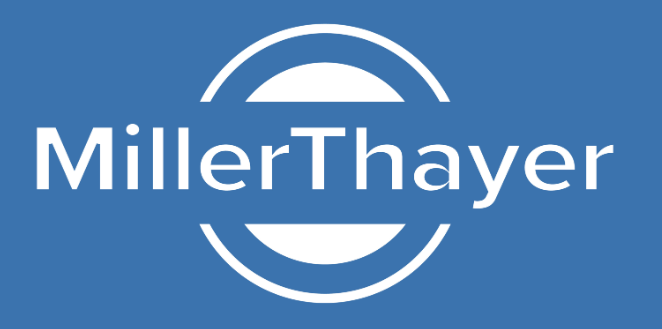The mere mention of an IRS audit can send shivers down any taxpayer’s spine. While the chances of being audited are relatively low, the process can be stressful and time-consuming. Here, we explore some key strategies to minimize your audit risk and ensure a smoother tax filing experience.
Understanding Why Audits Happen
The IRS conducts audits to verify the accuracy of tax returns and ensure proper tax collection. They may target returns with:
- Mathematical Errors: Simple math errors on your return can raise red flags and trigger an audit. Double-check all calculations before submitting your return.
- Inconsistent Income Reporting: Discrepancies between your reported income and what the IRS receives from third parties, like employers or banks, can raise suspicion. Ensure all income sources are accurately reported.
- High Deductions or Credits: Claiming a significant amount of deductions or credits compared to your income level can attract scrutiny. Maintain proper documentation for all claimed deductions and credits.
- Unreported Income: Failing to report income from sources like side hustles or the gig economy can lead to significant penalties and potential audit selection.
Strategies to Reduce Your Audit Risk
Here are some proactive steps you can take to minimize your chances of an IRS audit:
- File Accurate and Complete Returns: Double-check all information on your return for accuracy. Ensure all income is reported and deductions/credits are properly documented.
- Keep Detailed Records: Maintain organized records of income, expenses, and charitable contributions for at least three years after filing your return. This allows you to readily provide documentation if needed.
- File Electronically: Filing electronically with direct deposit minimizes errors and expedites processing, potentially reducing the risk of triggering an audit due to processing delays.
- Seek Professional Help: For complex tax situations, consult a qualified tax professional. They can guide you through the process, ensure compliance, and potentially minimize audit risk.
- Don’t Be Afraid to Ask: If you’re unsure about a specific deduction or credit, consult the IRS website or seek guidance from a tax professional. Clarifying any doubts can help you avoid unintentional errors.
Remember: Honesty and Accuracy are Key
The best approach to minimizing audit risk is to be honest and accurate in your tax filings. While everyone makes mistakes, deliberate underreporting of income or inflating deductions can have serious consequences.
Peace of Mind Through Preparation
By following these strategies, you can significantly reduce your audit risk and approach tax season with greater confidence. Remember, a little preparation can go a long way in ensuring a smooth and stress-free tax filing experience.
